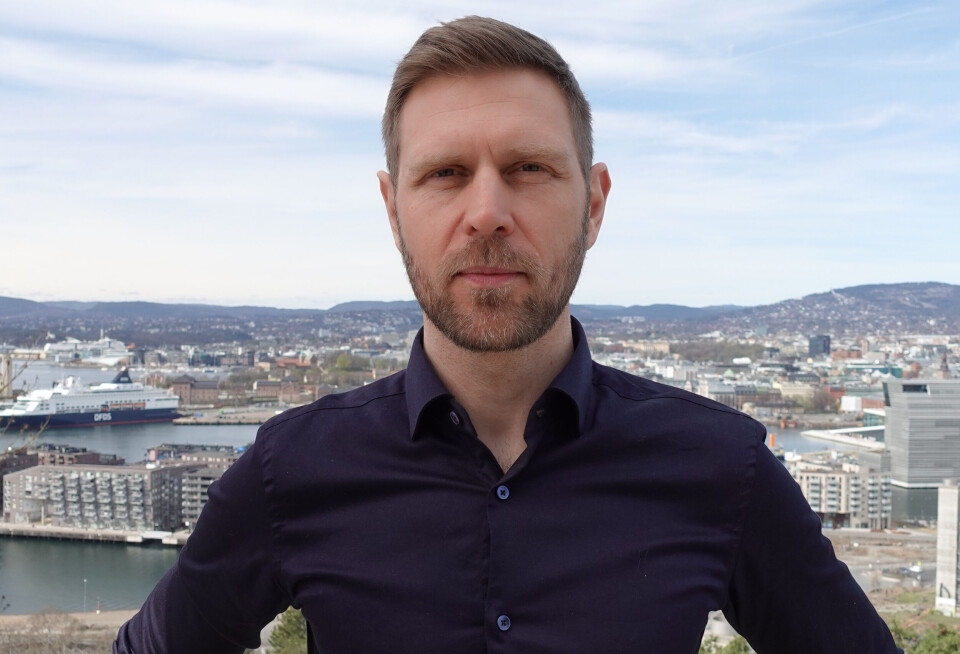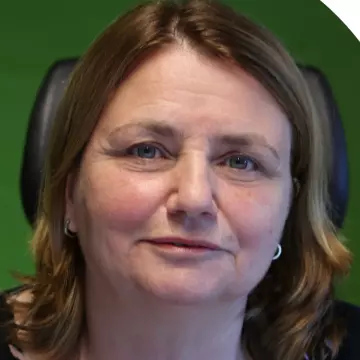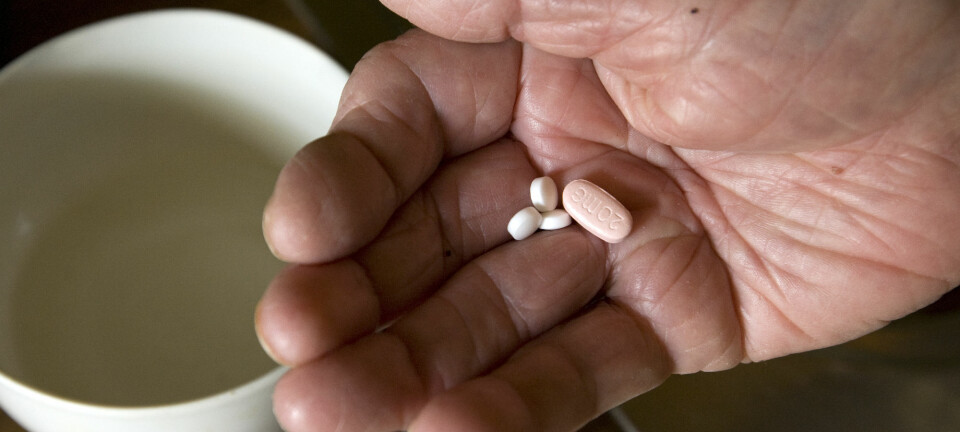
12,000 Norwegian patients have participated in studies that remain unpublished
A new report shows that many studies on diseases and medications are never completed. Researcher Jan-Ole Hesselberg calls this wasted research.
You are in the hospital. There, you are asked if you want to participate in a study. Most say yes. Either because they want to contribute to more knowledge about their disease or because it means they can try a new medication.
You might just have to give a little blood. Or that they take tissue samples. Or you are put on a new medicine or placebo. If you get side effects, they are noted.
When the researchers are finished with you and other patients who have participated, they analyse the data and publish the results.
This is how it should happen. But often, the results are not published, according to a new report from Foundation Dam. They provide funding for health and research projects.
Norway is the worst in the Nordic countries
Researchers from the Nordic countries have examined how many health studies with patients have not been published between the years 2016 to 2019.
Norway is the worst. In only 71 per cent of the studies did the researchers publish the results.
That means that for 94 studies, the results have never been made public.
“This is wasted research. 12,000 Norwegian patients have participated in studies to no avail,” says Jan-Ole Hesselberg, program manager at Foundation Dam.
This also means that we do not get complete information about, for example, medications.
“If two studies are conducted on a medication and one study shows that it is effective and the other shows that it’s not effective but has many side effects, then we need the information from both studies,” Hesselberg tells sciencenorway.no.
“If we don’t get all the information, it’s impossible to make a good assessment of whether patients should receive the medication.”
Most viewed
NTNU is the worst in Norway
At the Norwegian University of Science and Technology (NTNU), the results from one-third of the studies have not been published. There, 3,147 patients offered their bodies for researchers who did not publish the outcomes.
The University of Oslo is best at publishing their results. But because they have large studies with many participants, there are still almost 2,000 patients who have participated in unpublished research.
Unpublished results may, in the worst case, reveal harmful side effects.
“We know from other studies that there’s a tendency for studies showing side effects or no effect of medications or treatments not to be published,” Hesselberg says.
This is consistent with a survey forskning.no conducted among 177 professors in medicine.
Did not have time, did not like the results
Seven out of ten researchers who participated in the survey responded that at least once they had refrained from publishing the results of a study. More than half had several unpublished studies.
Back then in 2015, forskning.no asked the professors why they had not published their results (link in Norwegian).
Most responded that they did not have time to publish what they had found. Many believed that the unpublished study was of too low quality or that the results were uninteresting. Or that they could not find any journals that would publish the scientific article from the study.
More concerning were the admissions that research remained unpublished because the outcomes were not what they had expected or desired.
This leads to incomplete knowledge regarding a medicine or treatment.
Regulations violated
“This is a tremendous betrayal of the patients. Their efforts are rendered futile,” British health researcher Iain Chalmers from Cochrane tells sciencenorway.no.
“Why should they go to the hospital and undergo a series of tests if no one gets to know about their contribution to knowledge?” he asks.
Hesselberg mentions that the underlying reason patients participate in studies is to contribute to building knowledge. That is why there are regulations that demand results be published.
According to the World Health Organization, the results of clinical studies must be made public no later than 12 months after the study is completed.
Hesselberg believes Norway should adopt the UK's stance on publication requirements.
The UK introduces legislation
“They are now making it a legal requirement to publish results. In addition, researchers will be obligated to share the results with the patients in the study,” Hesselberg says.
British research institutions will also be denied funding or the ability to start new studies before they have cleared up old studies, according to Hesselberg.
“If we implemented the same in Norway, none of the universities or university hospitals would now be allowed to start new clinical studies,” he says.
Research results that remain unknown can have consequences for patients. They may not know whether the medication they tried works or not.
It is also harmful to public health because the knowledge from the research is not complete, the new report states.
And of course, it is a waste of research funds.
Researchers and research institutions can do this almost without consequences.
No one is monitoring closely enough
To start a study with patients, researchers must apply for permission from a regional ethics committee, REK. When the study is finished, a final report must be submitted.
“But the REKs do not monitor this,” says Hesselberg. He is also a member of the National Research Ethics Committee, which is the level above the regional committees.
If the study concerns pharmaceuticals or medical equipment, the Norwegian Medicines Agency is responsible for ensuring that the results are reported.
“We interviewed them two years ago. At that time, the Norwegian Medicines Agency said that they prioritised other tasks,” Hesselberg recounts, referring to the 2021 report on clinical trial transparency in Norway.
The Research Council of Norway funds a significant portion of health research.
“They also not monitoring closely enough, despite having signed the document from the World Health Organization on follow-up and sanctions for failing to publish,” Hesselberg says.
———
Translated by Alette Bjordal Gjellesvik
Read the Norwegian version of this article on forskning.no







































